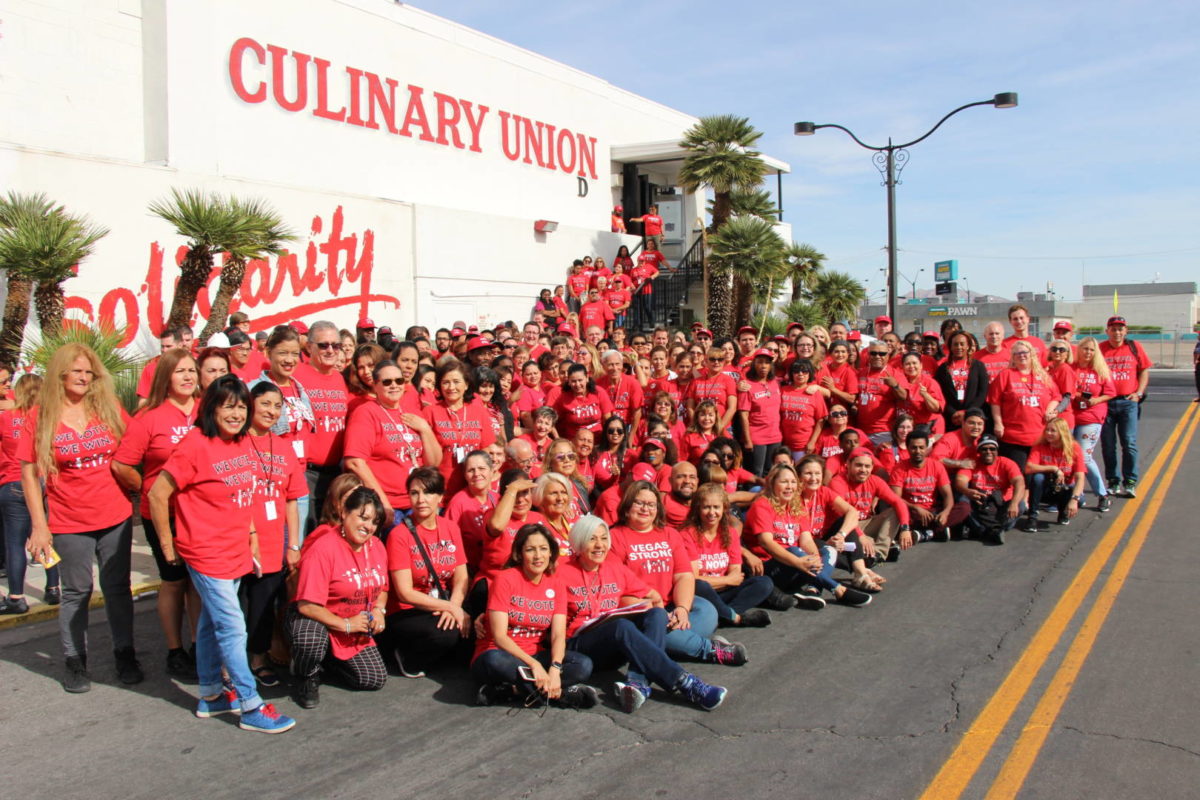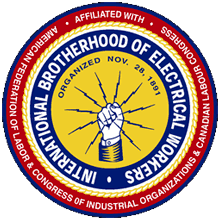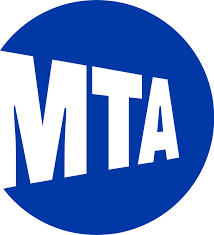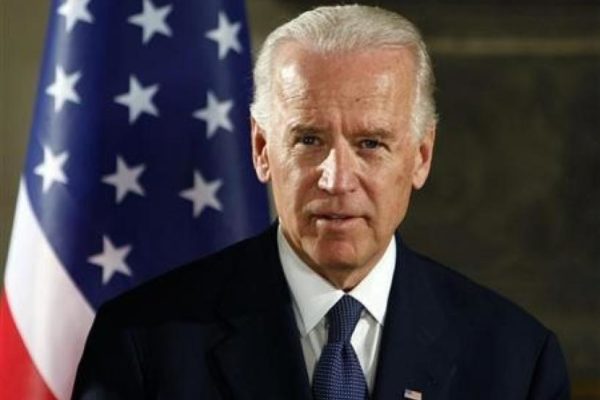
LAS VEGAS, Nev.—After a week of intense arguments about health care, the 60,000-member Culinary Workers Union, the most politically powerful union in Nevada, decided not to endorse a candidate for President Feb. 13, nine days before the state’s Democratic caucus.
“We are going to endorse our goals. We are not going to endorse a presidential candidate,” Secretary-Treasurer Geoconda Argüello-Kline told a press conference outside the union’s headquarters in Las Vegas. “We respect all of them.”
The union’s goals, she said, are that “one job should be enough,” ensuring that workers have health care, and protecting the immigrants who make up most of its members.
“We are going to work really hard to defeat President Trump,” Argüello-Kline said.
The Culinary Union, UNITE HERE Local 226, whose health fund provides insurance to 130,000 workers and their family members, got embroiled in the fray over health care with a scorecard it sent to members Feb. 11 and also posted in workplaces. It said that former Vice President Joseph Biden, Minnesota Sen. Amy Klobuchar, and former South Bend, Indiana mayor Pete Buttigieg would “protect Culinary Healthcare,” while Vermont Sen. Bernie Sanders would “end Culinary Healthcare,” and Massachusetts Sen. Elizabeth Warren would replace it after three years or the expiration of the union’s contract. (It said Trump would “dismantle Obamacare,” weaken unions, and separate immigrant families.)
“We will not hand over our health care for promises,” a flyer the union gave out the previous week declared. It added that “presidential candidates suggesting forcing millions of hard-working people to give up their health care” would “give us four more years of Trump.”
Sanders’ “Medicare for All” plan would expand Medicare to enroll all Americans and cover almost all medical costs, but abolish private insurance. Biden, Buttigieg, and Klobuchar’s “public option” proposals would leave private insurance alone, while letting people under 65 buy Medicare coverage—which currently costs $145 a month for an individual, but covers only 80% of expenses unless they also get private supplemental insurance and prescription-drug coverage that can cost more than $500. Warren’s plan, a slower rollout of Medicare for All, falls somewhere in between.
“We have already enacted a vision for what working people need—and it exists now. Workers should have the right to choose to keep the health care Culinary Union members have built, sacrificed for, and went on strike for six years, four months, and ten days to protect,” Argüello-Kline said in a statement Feb. 12. “It’s disappointing that Senator Sanders’ supporters have viciously attacked the Culinary Union and working families in Nevada simply because our union has provided facts on what certain health-care proposals might do to take away the system of care we have built over eight decades.”
However, at the press conference, Argüello-Kline avoided responding to questions intended to provoke criticisms of Sanders or Medicare for All. “We gave the information to the members. We put it on a scorecard,” she said. “We respect Senator Sanders.”
“We believe that every human being has the right to have health care,” she responded when asked about Medicare for All. “But we believe in choices.”
“I would never do anything to diminish the health care that unions and workers have fought for,” Sanders said in a statement later that afternoon. He also urged “supporters of all campaigns not to engage in bullying or ugly personal attacks.” His campaign Web site says his Medicare for All plan will ensure that union-sponsored clinics are integrated into the system, and “kept available for members,” while unions would be able to negotiate for and provide services that didn’t duplicate the plan’s benefits.
The Culinary Union, which represents guest-room attendants, cocktail and food servers, porters, bellmen, cooks, bartenders, and laundry and kitchen workers at hotels and casinos in Las Vegas and Reno, is one of the unions—like 1199SEIU in New York—that has a network of health-care services. In 2017, its health fund opened a 24-hour urgent-care center in Las Vegas that also has a pharmacy and provides pediatric, dental, and vision care.
However, health care for other unions is much less stable. Health insurance and pensions are the two areas where employers most often demand concessions.
“Every time we go to the bargaining table on behalf of our members, [health care] is the central issue we have that may lead to strikes in our industry,” 32BJ SEIU secretary-treasurer and health-fund trustee Larry Engelstein told LaborPress last December.
The New York and New Jersey office-cleaning contractors 32BJ was then negotiating with were demanding that workers begin paying premiums for health insurance. The union custodians had a basic copayment of $20 for medical services with no premiums or deductibles, a crucial benefit when some in New Jersey were making as little as $10.50 an hour. After both locals voted to authorize strikes, they reached contract agreements that retained the current system.
One of the first things General Motors did after the United Auto Workers went on strike last September was cut off workers’ health coverage. When 31,000 Stop & Shop workers in New England went on strike last April, a main cause was that the company’s last contract proposal would have increased their share of health-care costs by as much as two-thirds, according to the United Food and Commercial Workers.
Airline-catering workers represented by UNITE HERE have been trying to win affordable health care for months. A 2019 survey of about one-seventh of the 4,100 LSG Sky Chefs workers at American Airlines hubs found that 30% had no health insurance and 35% relied on government-subsidized care for themselves or their children. In Houston, United Airlines catering workers began a 24-hour fast Feb. 13 in an effort to win better wages and more affordable health insurance, following a six-day fast by nine workers in Miami earlier this month.
In New York, 32BJ members who work for airline service contractors are campaigning to have the state legislature enact the Healthy Terminals Act, which would require employers to give them a $4.54-an-hour wage supplement to buy health insurance.
At the Spectrum cable-TV company in New York, among the concession demands that set off the almost three-year-old strike by International Brotherhood of Electrical Workers Local 3 technicians was the company wanting to switch workers to an insurance plan where they’d have to pay 20% of costs after a $3,000 deductible.
“Not every union member has union health-care plans that protect them,” Association of Flight Attendants President Sara Nelson posted on Twitter Feb. 12, responding to a claim by Buttigieg that his “Medicare for All Who Want It” proposal would protect union members’ plans and their freedom to choose the best coverage. “Those that do have it, have to fight like hell to keep it. If you believe in Labor then you’d understand an injury to one is an injury to all.”



